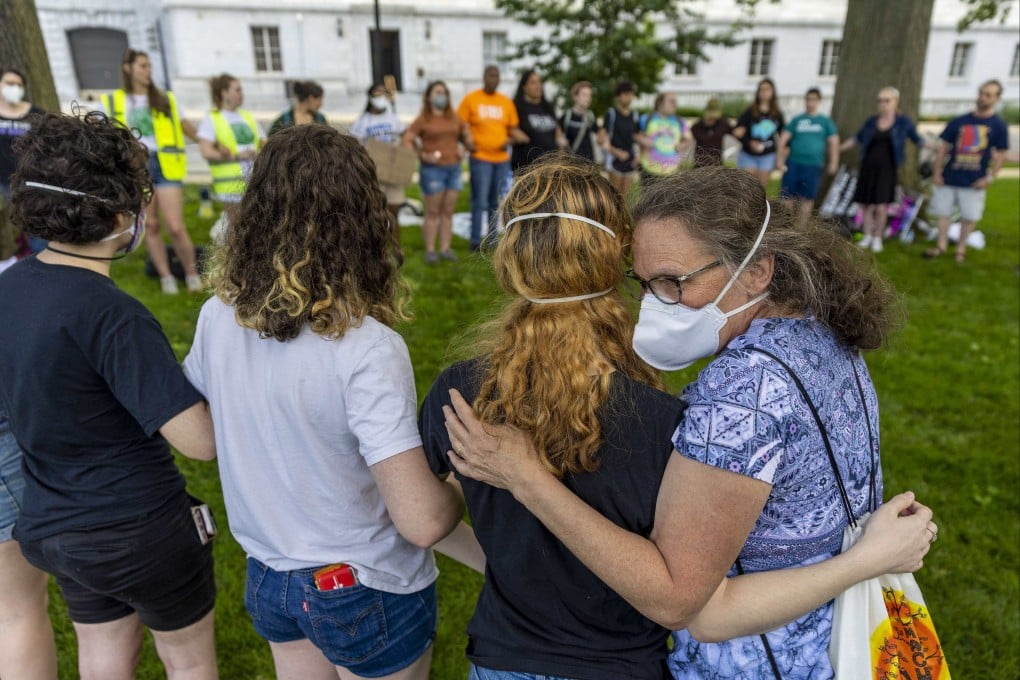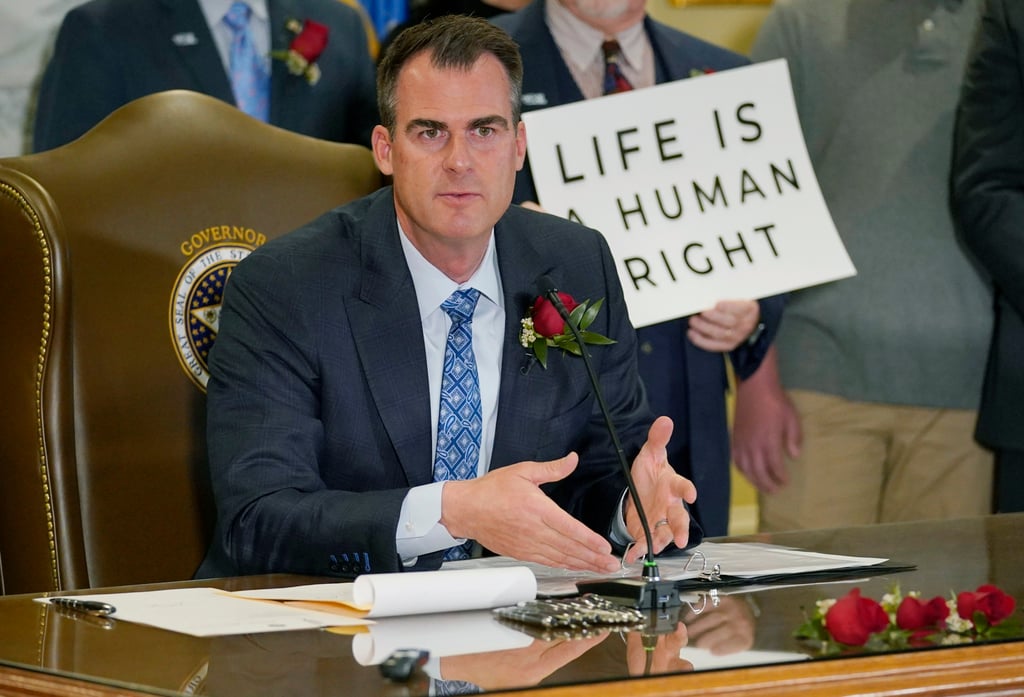Opinion | What Hong Kong can learn from America’s heated debate on Roe vs Wade abortion law
- The choice to terminate an unwanted pregnancy is seldom a painless decision, and a woman’s right to make that choice is never a black and white issue, fitting neatly into the camps of pro-life or pro-choice

Controversy has always surrounded Roe vs Wade, the landmark United States Supreme Court case which granted women the constitutional right of access to an abortion in 1973. The two sides of the argument have often boiled down to “right to life” and “right to choose”. In life, though, things are rarely that black and white.
States like Oklahoma and Texas have taken it a step further – they also encourage private citizens to enforce the law. Individuals can collect a “bounty” of US$10,000 if they successfully sue abortion providers or anyone who helps a woman obtain an abortion.

Renowned author of The Handmaid’s Tale Margaret Atwood likens enforced childbearing to “slavery” – an assault on the fundamental freedom of being able to make decisions regarding one’s own health and body. She said: “If the state is mandating enforced childbirth, why should it not pay for prenatal care, for the birth itself ... for the cost of bringing up the child?”
In the US, the abortion issue has become politicised, with Republicans broadly anti-abortion and “pro-life” and Democrats broadly pro-abortion and “pro-choice”. With such sparring across the Pacific, one would think it would generate some heated discussions here.
Instead, I heard no such debate and wondered whether I had stumbled upon another taboo issue. Abortion is rarely discussed in public discourse here.
Termination of a pregnancy up to 24 weeks has been legal in Hong Kong since 1976, if continuation of the pregnancy threatens the physical or mental health of the woman, or if there are fetal abnormalities. Two doctors need to sign off on the procedure, which can be performed at 19 designated public and private hospitals or clinics. Parental consent is required for women under the age of 18.
Compared to some places in Asia, Hong Kong is somewhat “liberal”, as spousal authorisation for abortion is required in Taiwan, Japan and Indonesia, and abortion is prohibited in the Philippines and Laos.
